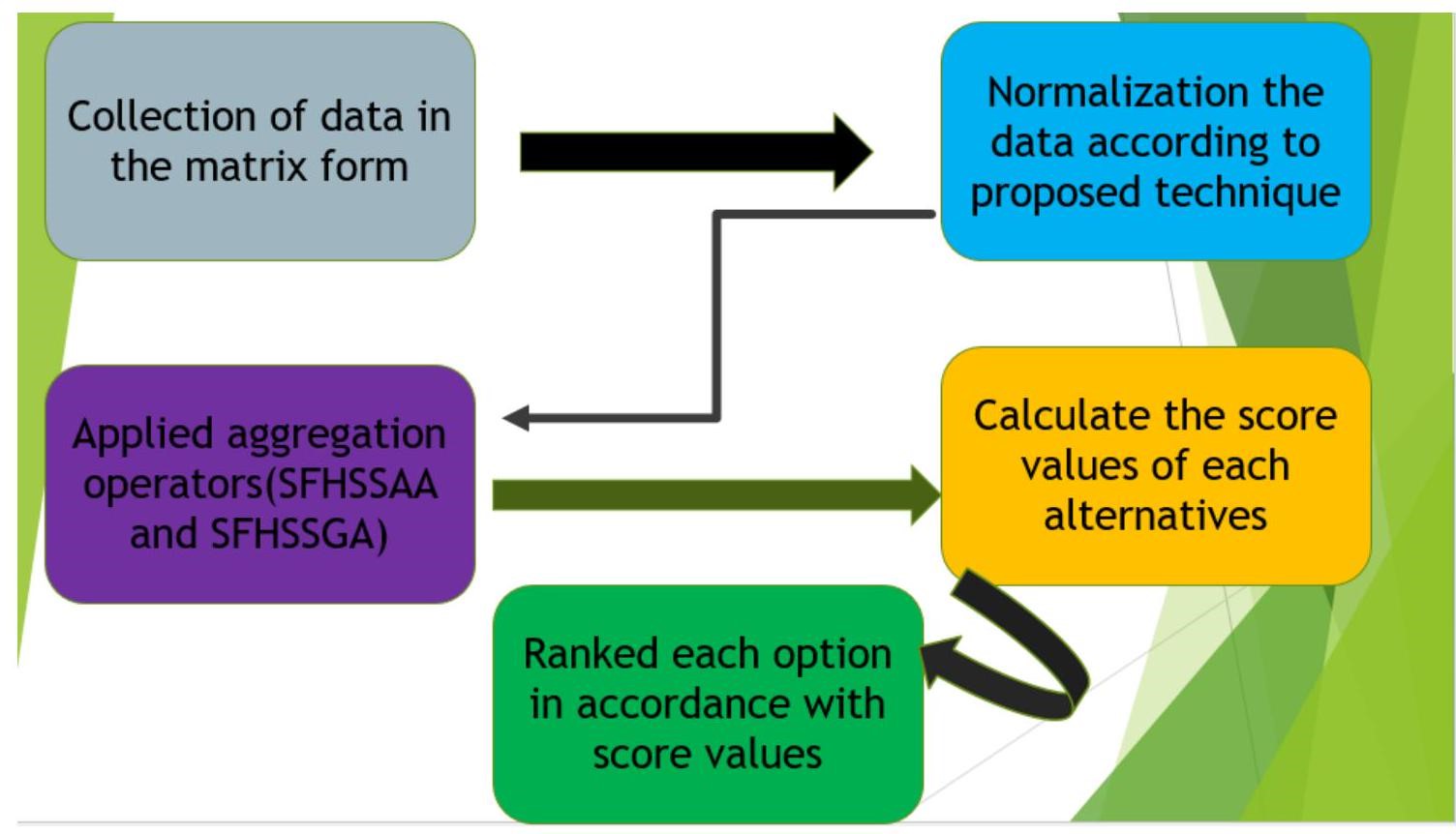Applications of Spherical Fuzzy Hypersoft Sets in Decision Support Systems and Beyond
Main Article Content
Abstract
This article develops the idea of a spherical fuzzy hypersoft set through practical application. This study's scope may encompass a broad variety of applications in numerous mathematical science domains. The proposed model incorporates the features of most relevant existing models and overcomes their drawbacks by introducing a novel approximation technique. The Spherical Fuzzy Hypersoft Set (SFHSS) is an extension of traditional fuzzy sets that includes spherical functions and hypersoft sets. By including hypersoft sets into SFHSS, one can handle situations in which membership degrees are not known with precision or in which gradual transitions between membership grades are required. Many domains where complexity and uncertainty are prevalent have applications for SFHSS. Examples include image processing, pattern recognition, data mining, expert systems, machine learning, and decision-making. Due to its enhanced representational powers, real-world problems can be simulated and examined using SFHSS. Overall, for data modeling and analysis, spherical fuzzy hypersoft sets provide a useful framework for handling complexity, imprecision, and uncertainty. They offer a more flexible and expressive means of representing data, which improves decision-making and problem-solving abilities in a wide range of contexts.
Downloads
Article Details

This work is licensed under a Creative Commons Attribution 4.0 International License.





